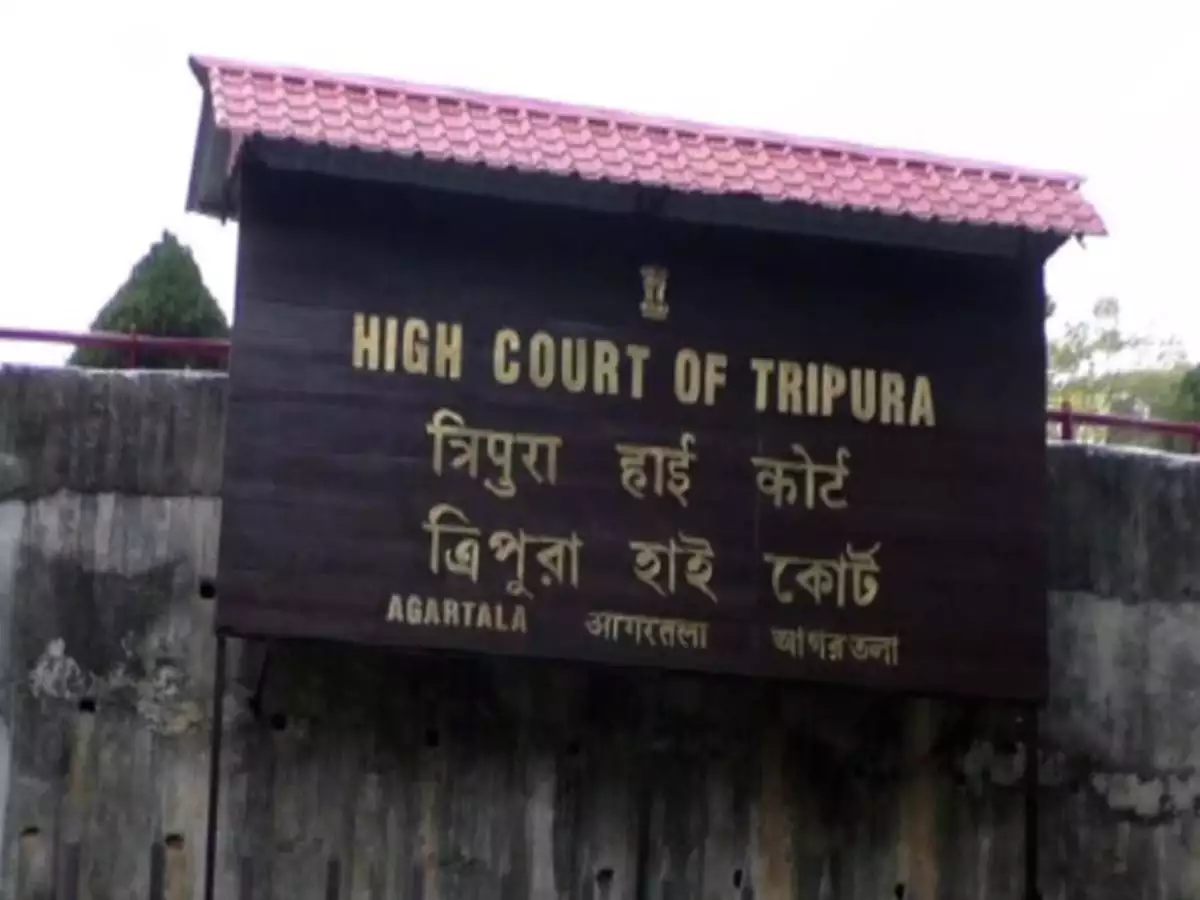
The Tripura High Court has held that insults to religion made unwittingly or carelessly or without any deliberate or malicious intention to outrage the religious feelings of a class would not be an offence under section 295A of the Indian Penal Code.
The Chief Justice held, “Section 295A does not penalize any and every act of insult or an attempt to insult the religion or the religious beliefs but it penalizes only those acts of insults or attempts which have been perpetrated with the deliberate and malicious intention of outraging the religious feelings of a particular class.”
Section 295A of the Indian Penal Code lays down punishment for deliberate and malicious acts, intended to outrage religious feelings of any class by insulting its religion or religious beliefs.
The Single-judge Bench was hearing a petition for quashing of FIR registered against the petitioner last year for allegedly hurting the religious sentiments of the Hindu community by insulting the Bhagavad Gita on social media.
According to the complainant, “By putting such an un-tasteful and obscene comment on Hindu religion by saying that Gita, the sacred religious text is “thakbaji Gita”, the petitioner has hurt the religious feelings of Hindu community.” The petitioner, on the other hand contended that his post was unnecessarily twisted and misinterpreted.
Furthermore, he also argued that his post was in Bengali and that the complainant had misinterpreted it. His post actually meant that the Gita is a pan which fries swindlers and did not call the holy book deceitful and swindling.
Court’s observations
The Chief Justice chose to observe the effects of social media in today’s world. He said, “With rapid spread of social media platforms, the right to free speech has got an entirely new dimension…. The society as well as the laws are grappling to keep pace with such rapid changes. What however continues to hold good is that the right of free speech guaranteed under Article 19(1)(a) of the Constitution is subject to reasonable restrictions that may be imposed by the State in the interests of sovereignty and integrity of India, security of the State, friendly relations with foreign states, public order, decency or morality, contempt of Court, defamation or incitement of an offence.”
The Bench referred to the top court’s order in Ramji Lal Modi versus State of U.P (1957), to state that section 295A only punishes “aggravated” form of insult to religion when it is perpetrated with the deliberate and malicious intention of outraging the religious feelings of that class.
Considering the facts of this case, the Tripura High Court said, “Neither in the complaint nor before me by the State any such previous posts of the petitioner of offending nature, even if for the moment one were to presume that the present post is one, has been placed on record. Mere passing allegation of the petitioner being in habit of placing such posts, cannot be the ground for permitting a fishing inquiry. Coming to the post by itself, without there being any background or foreground, it is not possible for any reasonable human being with ordinary common sense and intelligence, to discern any derogatory or demeaning meaning being ascribed by the petitioner to the holy book.”
As freedom of speech and expression is a guaranteed fundamental right, the High Court said, “The law is clear. The petitioner can hold his personal beliefs and within the framework of law can also express them, as long as he does not transgress any of the restrictions imposed by law to the freedom of his speech and expression.”
Finally, observing that the “words used by the petitioner and which I have reproduced for accuracy in the original Bengali script, do not convey even remotely the meaning which the complainant seeks to extract out of the expression”, his FIR was quashed.
The judgment may be read here:
Related:
Tandav case: Allahabad HC denies pre-arrest bail to Amazon India Originals Head
Such people must not be spared: MP HC on Munawar Faruqui’s bail plea
Tanishq takes down advertisement after being bullied by trolls for depicting ‘Love Jihad’
Terrorised by trolls, comedians apologise for hurting religious sentiments